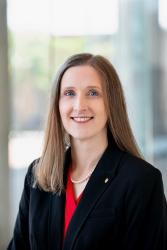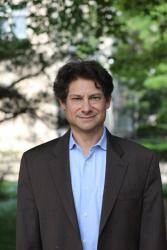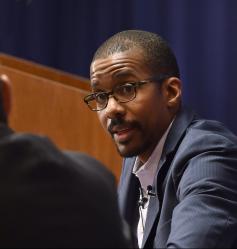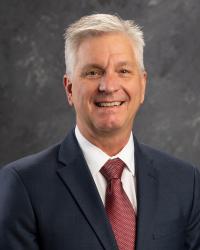

9:00 am EDT - 1:00 pm EDT
Past Event
9:00 am - 1:00 pm EDT
1775 Massachusetts Ave NW
Washington, D.C.
20036
America once led in the adoption of new payment technologies, introducing advances from credit cards to automated teller machines (ATMs) to the world. Today, it is lagging noticeably behind. Instead of the cheap and accessible instant payments available around the globe, our payments infrastructure typically moves money slowly, imposing costs on users and falling far short of its potential to power the economy. Despite its importance for growth and productivity, payments reform has long languished in the backseat of the American policy debate. But today, as digitization and technological innovation appear poised to transform how money is imagined, payments are rapidly taking center stage. The arrival of this digital century presents a generational opportunity to reform payments in ways that can better promote financial access for everyday people, ensure maximal efficiency of the dollar, and enable seamless commerce and international trade. At the same time, innovation in payments systems and technologies are raising a plethora of new regulatory challenges and creating unsettling questions surrounding the role of government, central banks, and regulators within the monetary architecture.
On Friday, October 6, Brookings, Cornell Law, and Vanderbilt Law hosted an event to examine America’s payment system, featuring keynotes from Consumer Financial Protection Bureau Director Rohit Chopra and Federal Reserve Governor Christopher J. Waller. Two panels explored in detail the current state of U.S. payments and the new emerging digital asset technologies that could disrupt them. The event discussed a variety of topics, such as the workings of public and private real-time payment systems (FedNow and Real-Time Payments) alongside cryptocurrencies, stablecoins, central bank digital currencies – and more. This event is a part of the Series on Financial Markets and Regulation from the Center on Regulation and Markets.
Viewers submitted questions by emailing [email protected] or via Twitter @BrookingsEcon using #FutureofPayments.
Registration is required to attend an event in person and guests at Brookings are required to attest to their state of health before attending. Visitors may not enter the building if they are feeling ill for any reason, have any symptoms commonly associated with COVID-19, or have tested positive for COVID-19 at any time in the preceding 5 days or longer in accordance with current CDC guidance, or have been advised by their healthcare professional or otherwise to not enter any space where some persons may not be vaccinated.
In Partnership With

Moderator


Moderator


Moderator


Nicol Turner Lee, Tonantzin Carmona
July 1, 2025

Daniel K. Tarullo
June 18, 2025

Nicol Turner Lee, Judy Wang
June 16, 2025